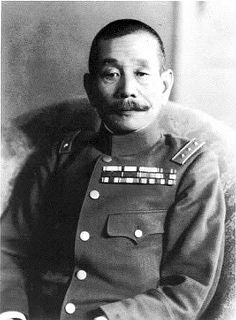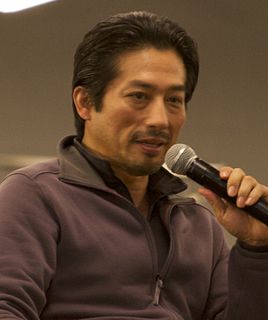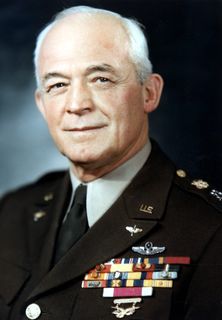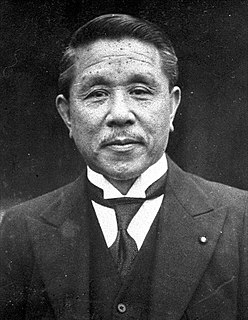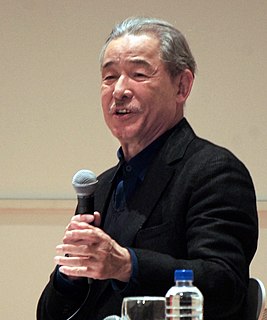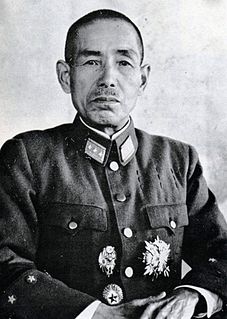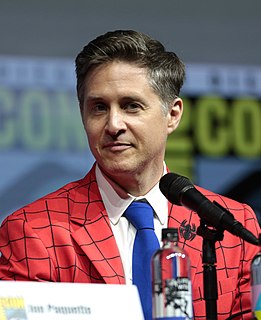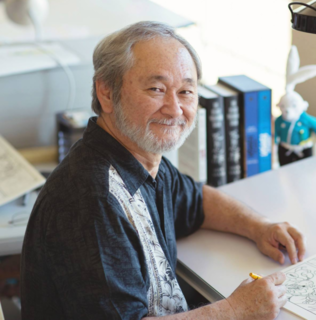A Quote by William Slim, 1st Viscount Slim
Australian troops had, at Milne Bay, inflicted on the Japanese their first undoubted defeat on land. Some of us may forget that, of all the allies, it was the Australians who first broke the invincibility of the Japanese army.
Related Quotes
The Japanese army is now prepared to use every means within its power to subdue its opponents. The objectives of the Japanese Expeditionary Forces are, as clearly set forth in statements issued by the Japanese Government, not only to protect the vested interests of Japan and the lives and property of the Japanese residents in the affected area, but also to scourge the Chinese Government and army who have een pursuing anti-foreign and anti-Japanese policies in collaboration with Communist influences.
Keanu Reeves learned a lot, respecting the culture. I was surprised when I first met him. He knew a lot already and he learned a lot. And also he learned Japanese. It's incredible. On the set, switching between the Japanese and English, even for us, is very hard. It's complicated. But the first time Keanu spoke in Japanese it was a very important scene between us, and more than the dialogue's meaning, I was moved. His energy for the film, completely perfect Japanese pronunciation. It was moving, surprising, respecting.
I investigated reported Japanese atrocities committed by the Japanese Army in Nanking and elsewhere. Verbal accounts of reliable eyewitnesses and letters from individuals whose credibility is beyond question afford convincing proof that the Japanese Army behaved and is continuing to behave in a fashion reminiscent of Attila and his Huns. Not less than 300,000 Chinese civilians were slaughtered, many in cold blood.
Many Japanese families moved to Taiwan during the occupation. Then, when the war ended, they were forced to move back. And at the macro level, the Taiwanese had every reason to cheer when the Japanese left. The Japanese military could often be incredibly brutal. The Taiwanese lived as second-class citizens on their own land.
That was an extremely unhelpful thing for Bill Shorten to say because those of us - and as the Attorney-General I've been closely involved in this along with my colleague Nigel Scullion, the Minister for Indigenous Affairs - what we have been trying to do for some years now, throughout the life of the Coalition Government in fact, is to bring the Australian people on a journey with us - conservative Australians as well as more progressive Australians, to persuade them that it is a seemly and fitting and decent and appropriate thing to recognise the first Australians in the Constitution.
We have an army for fighting as well as an army for labour. For fighting, we have the Eighth Route and New Fourth Armies but even they do a dual job, warfare and production. With these two kinds of armies, and with a fighting army skilled in these two tasks and in mass work, we can overcome our difficulties and defeat Japanese imperialism.

